VEGETABLES FOR ARTERY CLEANSING
AND HEART SUPPORT
Your comprehensive source

HELLO, AMAZING COMMUNITY!
We’re thrilled to have you join us on this exciting journey toward a healthier, more vibrant you.
At Vital Life, we believe that everyone deserves access to effective health and wellness tips that are easy to integrate into everyday life.
Whether you’re looking to shed a few pounds, boost your energy levels, or simply maintain a balanced lifestyle, you’ve come to the right place!
In this comprehensive guide, we’ll uncover the surprising benefits of vegetables for artery cleansing and heart support, equipping you with the knowledge to naturally enhance your cardiovascular health.
Heart disease is a leading cause of mortality worldwide, making it essential to understand how our diet influences heart health.
This guide will explore specific vegetables that benefit our heart, their nutritional profiles, how they contribute to cleansing arteries, and practical tips for incorporating them into your daily routine.
THE HEART'S ROLE
The heart is a remarkable organ responsible for pumping blood throughout the body, supplying oxygen and nutrients to tissues while removing waste products.
However, various factors can lead to cardiovascular diseases, including high cholesterol, high blood pressure, obesity, and inflammation.
These issues can culminate in atherosclerosis—the build-up of plaque in the arteries, which restricts blood flow and can lead to severe conditions like heart attacks or strokes.
THE IMPORTANCE OF A HEALTHY LIFESTYLE
Maintaining a healthy lifestyle is crucial for reducing these risks.
A balanced diet rich in fruits and vegetables provides essential nutrients that support heart function and help cleanse arteries.
THE SCIENCE BEHIND ARTERIAL HEALTH
Atherosclerosis is influenced largely by oxidative stress—a condition where free radicals overwhelm the body's ability to neutralize them.
This imbalance leads to inflammation and damage in arterial walls.
THE ROLE OF VEGETABLES
Vegetables are rich in antioxidants—compounds that fight oxidative stress and inflammation.
They also contain dietary fiber, which helps lower cholesterol levels by binding to bile acids in the digestive system and promoting their excretion.
Together, these properties make vegetables powerful allies in maintaining clear arteries and supporting cardiovascular health.
ESSENTIAL NUTRIENTS FOUND IN VEGETABLES
Before diving into specific vegetables, let’s highlight some essential nutrients that promote heart health:
Antioxidants: Include vitamins C and E, beta-carotene, and various phytonutrients found in plant foods; they protect cells from damage caused by free radicals.
Fiber: A key player in lowering cholesterol levels; soluble fiber found in many vegetables helps bind cholesterol and reduces its absorption.
Vitamins and Minerals: Nutrients such as potassium help regulate blood pressure; magnesium supports muscle function including the heart; vitamin K plays a crucial role in vascular health.
Nitrates: Found primarily in leafy greens and beets; nitrates convert to nitric oxide in the body—a compound that helps relax blood vessels and improve circulation.
TOP VEGETABLES FOR HEART HEALTH
Now that we've established the importance of these nutrients, let's delve into specific vegetables that are excellent for artery cleansing and heart support:
1. Leafy Greens
Leafy greens such as spinach, kale, Swiss chard, and collard greens are nutrient-dense. They are high in vitamins A, C, K, fiber, calcium, iron, and antioxidants. Studies show that regular consumption can lower blood pressure and reduce arterial stiffness.

2. Beets
Beets are particularly noteworthy for their high nitrate content. These nitrates convert to nitric oxide when consumed, dilating blood vessels—improving blood flow and lowering blood pressure. Beets are also rich in antioxidants that combat inflammation.
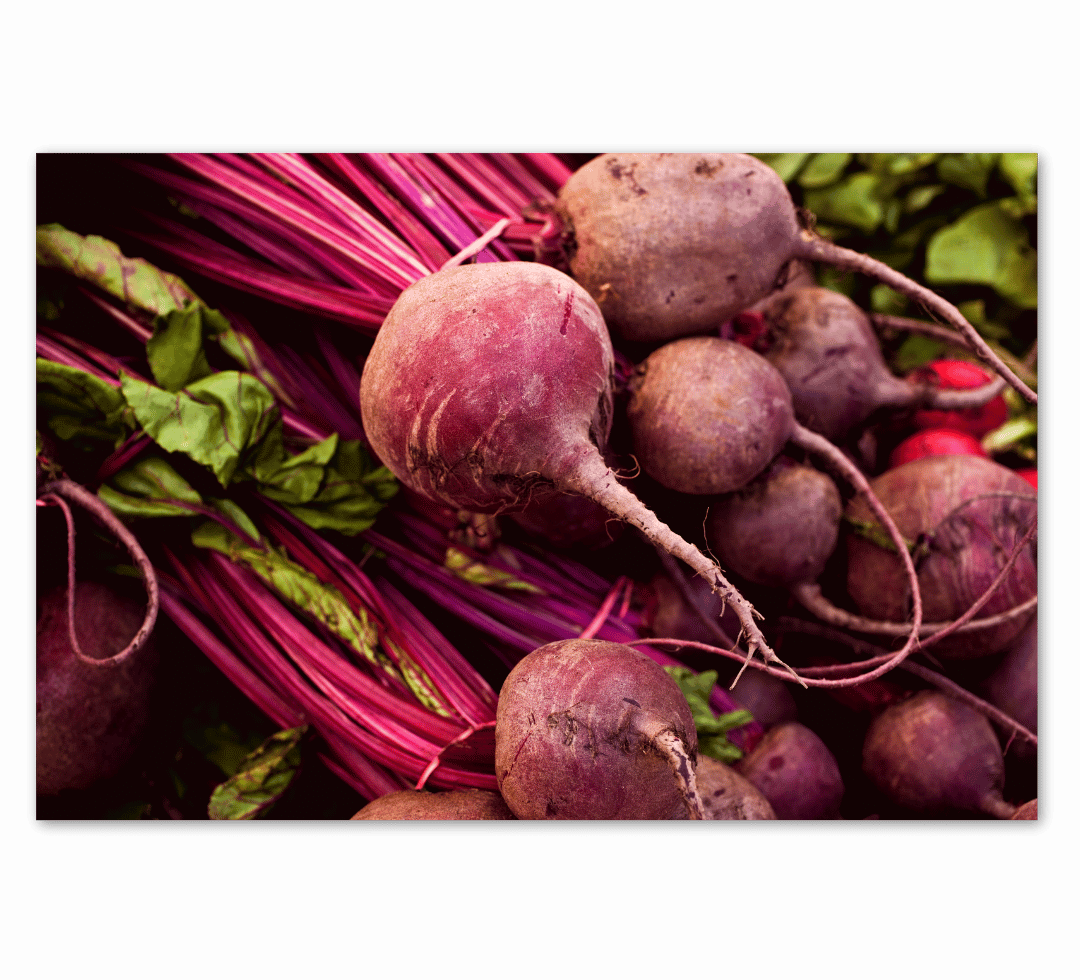
3. Garlic
Garlic has been used for centuries as a natural remedy.
It contains allicin—a compound linked to reduced cholesterol levels and prevention of arterial plaque formation. Its anti-inflammatory properties also contribute positively to heart health.
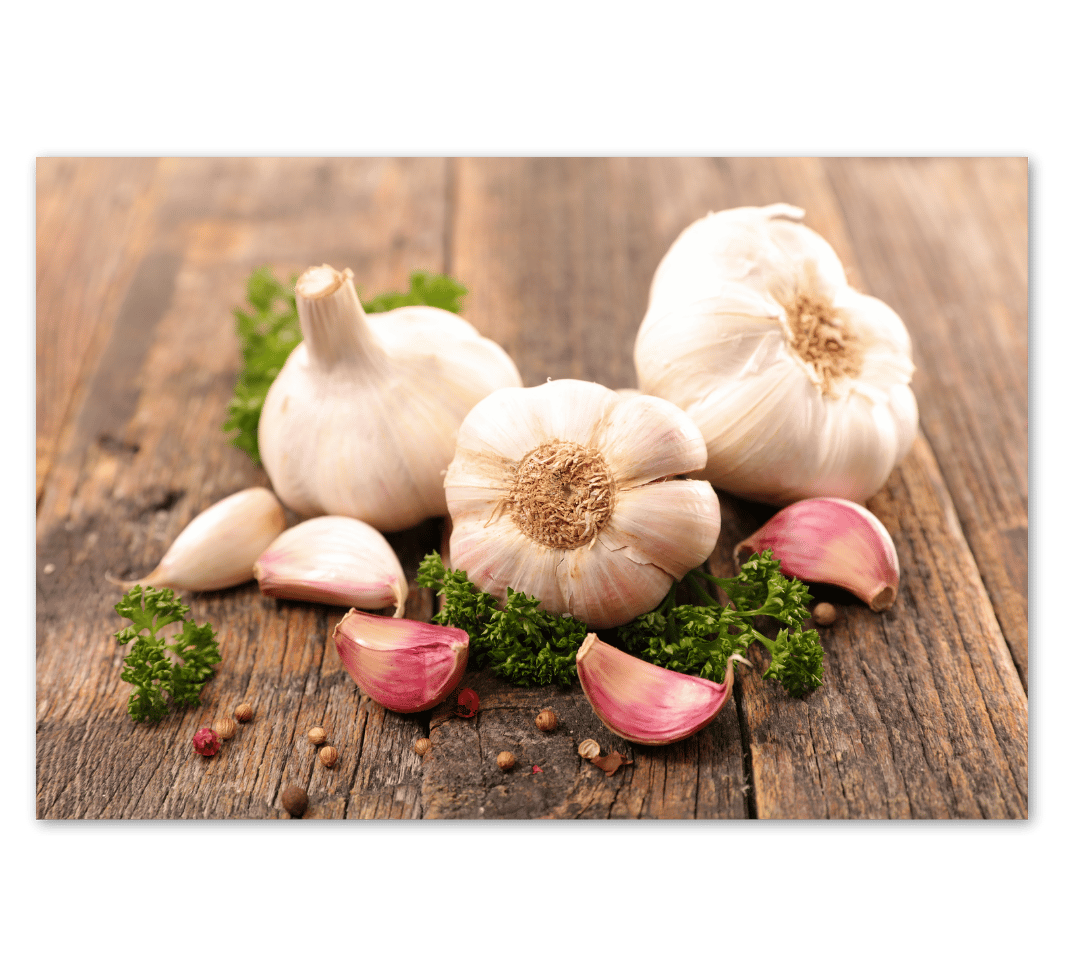
4. Cruciferous Vegetables
This family includes broccoli, Brussels sprouts, cauliflower, and kale. These veggies are packed with vitamins C and K as well as fiber. They contain sulforaphane—a compound that enhances detoxification processes within the body.
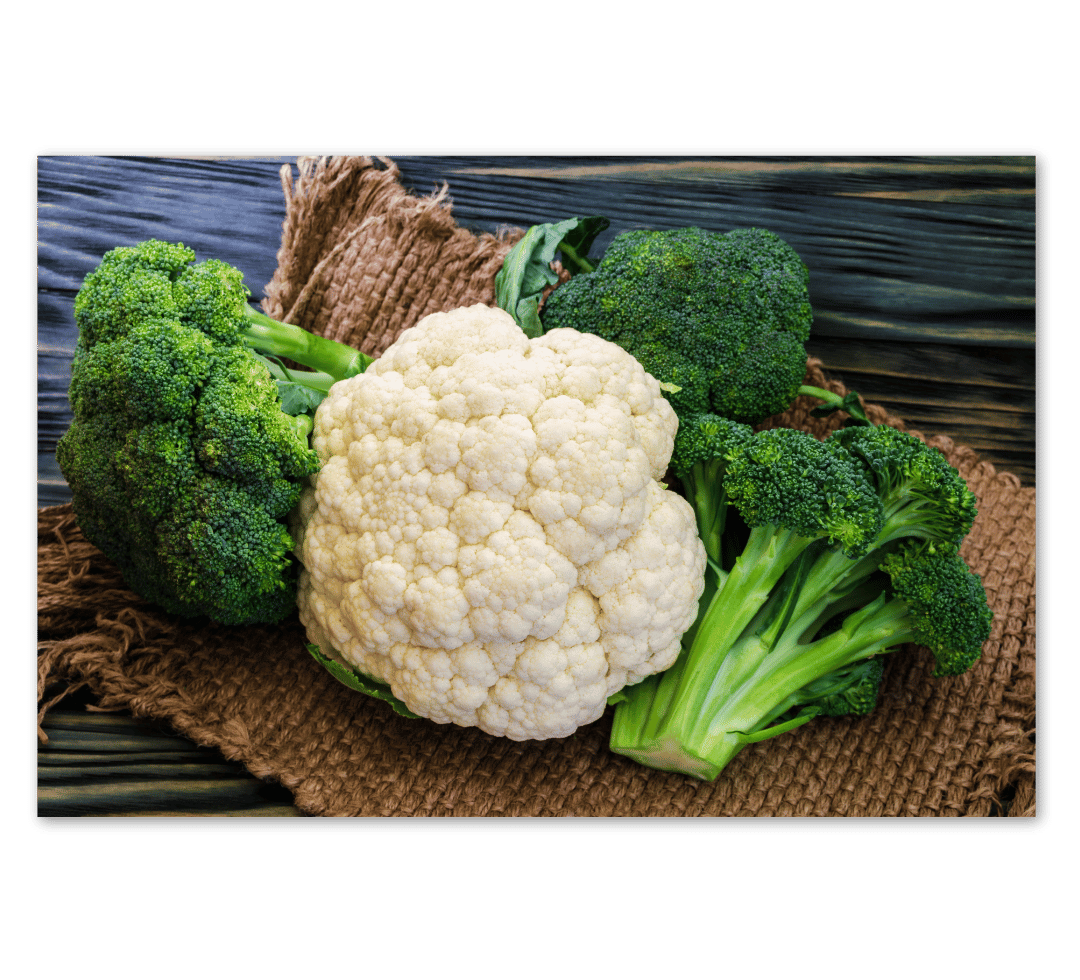
5. Tomatoes
Tomatoes are rich in lycopene—a potent antioxidant linked with improved heart health through its ability to lower LDL cholesterol levels (the "bad" cholesterol). Cooking tomatoes can increase lycopene availability.
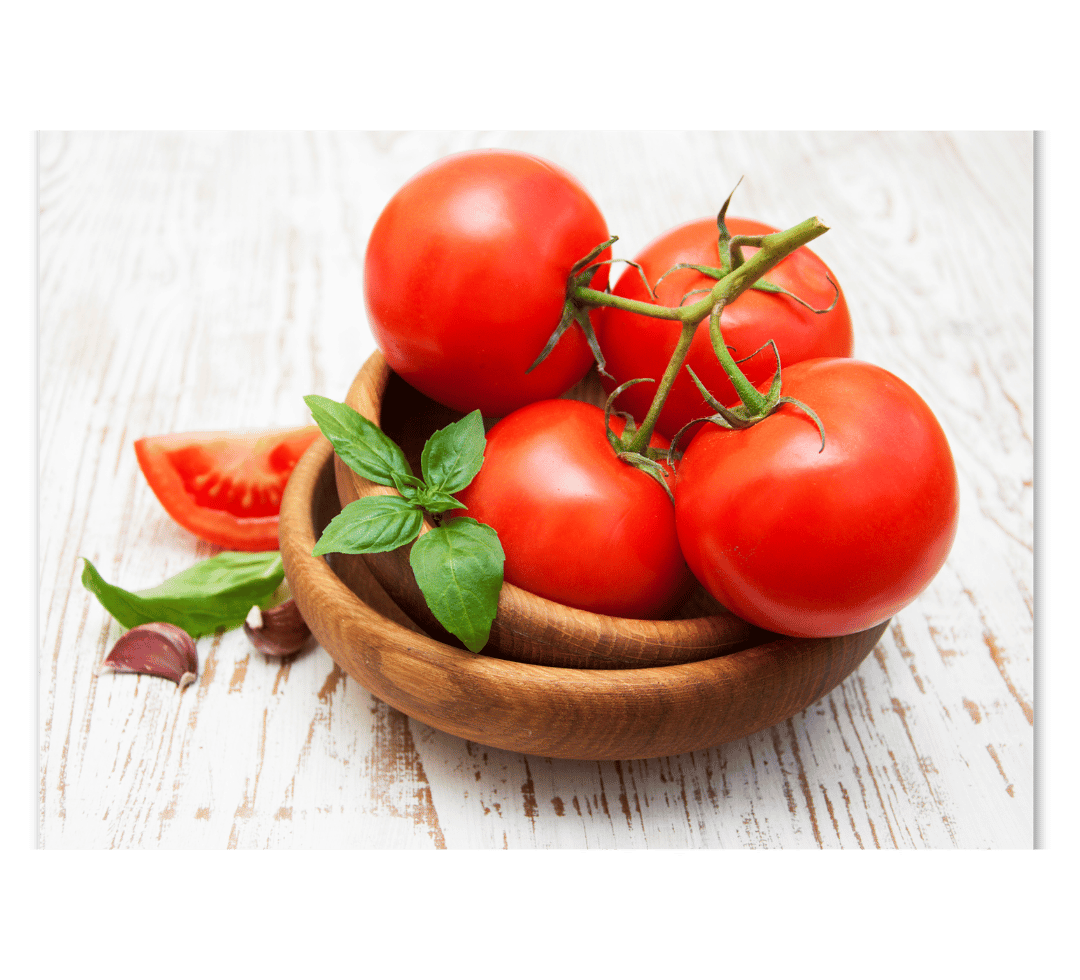
6. Bell Peppers
Especially red bell peppers!
They are high in vitamin C and antioxidants that combat oxidative stress in the cardiovascular system.

7. Carrots
Carrots contain beta-carotene—a precursor to vitamin A with antioxidant properties beneficial for heart health. They also provide soluble fiber which helps lower cholesterol levels.
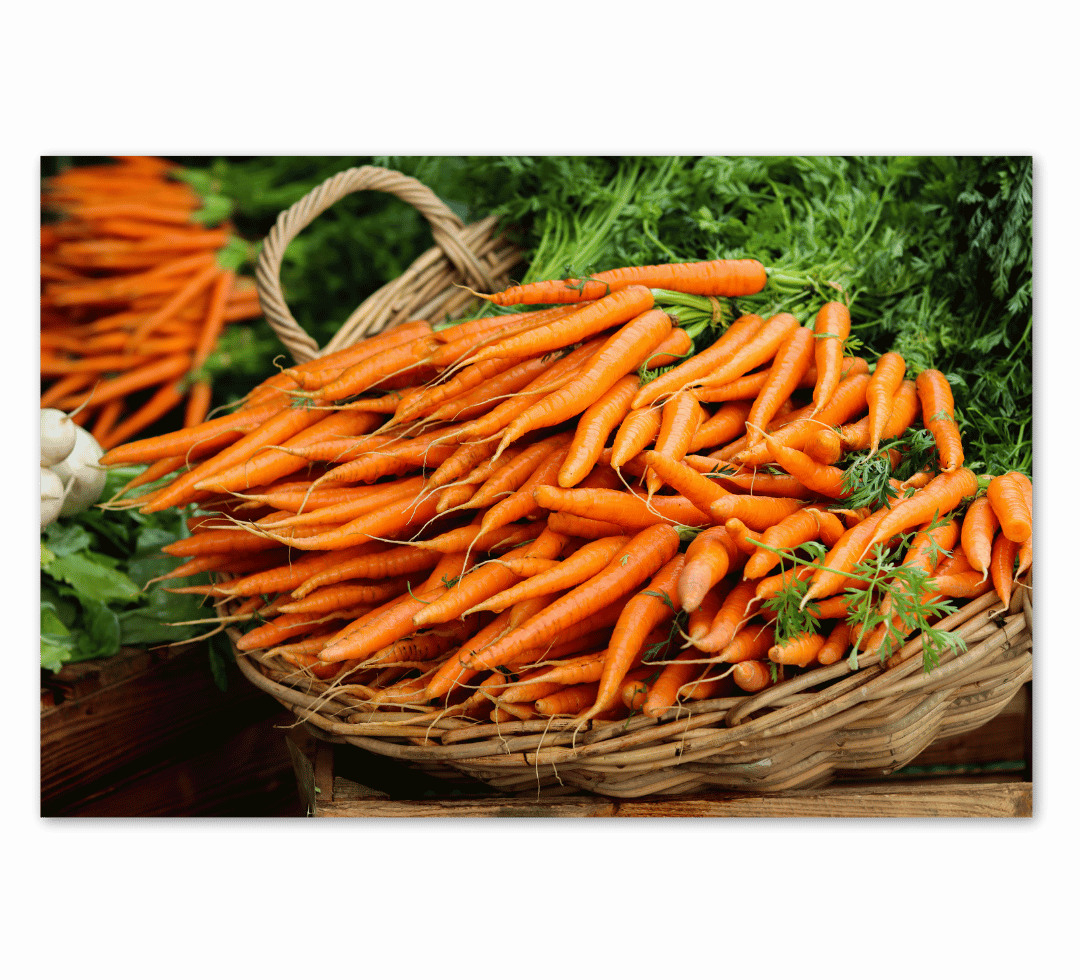
8. Onions
Onions contain quercetin—an antioxidant known for reducing inflammation and promoting healthy circulation.

PRACTICAL TIPS FOR INCORPORATING THESE VEGETABLES
Incorporating these powerhouse vegetables into your daily diet doesn’t have to be overwhelming! Here are some practical tips:
Start Your Day with Greens: Add spinach or kale to your morning smoothie or omelet for a nutrient boost.
Make Colorful Salads: Combine chopped vegetables such as bell peppers, tomatoes, carrots, and leafy greens for a vibrant salad.
Roast Your Veggies: Roasting brings out the sweetness of veggies like beets or Brussels sprouts; toss them with olive oil and herbs for flavor.
Experiment with Soups: Create hearty vegetable soups using garlic as a base along with broccoli or carrots.
Snack Smart: Keep raw veggies like carrot sticks or bell pepper slices on hand for healthy snacks.
THE IMPORTANCE OF A HOLISTIC APPROACH
While focusing on vegetables is essential for supporting arterial health, it's vital to adopt a holistic approach:
Exercise Regularly: Engage in at least 150 minutes of moderate aerobic activity each week to strengthen your heart muscle.
Manage Stress: Chronic stress can impact heart health; practices such as mindfulness meditation or yoga can help mitigate stress levels.
Stay Hydrated: Drinking plenty of water supports overall bodily functions—including cardiovascular performance.
Limit Processed Foods: Minimize intake of high-sugar or high-fat processed foods that can negatively affect heart health.